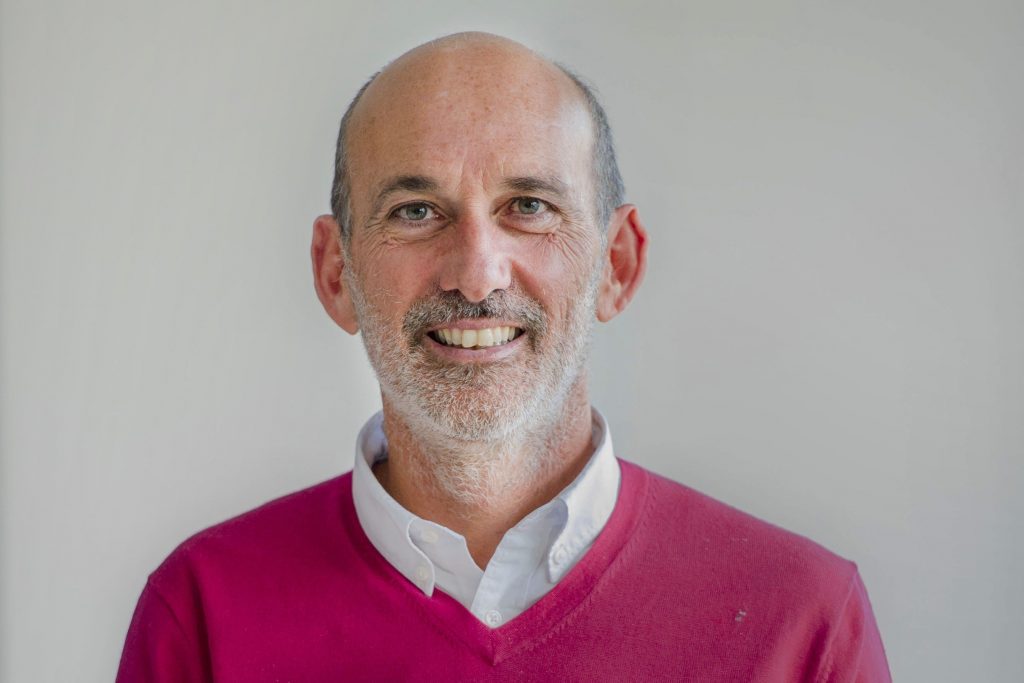Lastminute.com Group CEO: We Consider Ourselves a Media Company

Skift Take
It's clear from his answers that Fabio Cannavale will keep looking to buy more companies. He thinks there are plenty of companies for sale and he's got some cash on hand.
Lastminute.com Group chief executive Fabio Cannavale has spent the last 13 years transforming a small, low-cost flight search engine based in Italy into a pan-European travel company.
Through a series of acquisitions, the company moved into new countries as well as new areas including package holidays and metasearch. The defining moment came in 2015 when Bravofly Rumbo Group, as it was then known, bought faded dot-com darling Lastminute.com for next to nothing from previous owner Sabre.
Cannavale renamed the parent company Lastminute.com Group and he embarked on a new strategy with a content arm now working alongside its online travel agent and metasearch divisions.
Cannavale recently sat down with Skift to discuss the changes at the business and where it sees its biggest opportunities.
(Note: the interview has been edited for brevity and clarity.)
Skift: Let's look at the Lastminute.com Group as it is now and the story behind it. In the UK and in America, a lot of people are familiar with Lastminute.com, but your company is very different now.
Fabio Cannavale: Our company started out being a very transactional company. By that I mean the background of the founders is that we co-founded eDreams before, so we knew the arena. Then, we saw an opportunity in low-cost flights because there was no one doing that. [Editor’s note: Cannavale worked at eDreams Italy between 1999 and 2001; prior to that he worked as a consultant.]
Skift: Apart from booking direct.
Cannavale: Yeah, but it is not a solution especially when there are so many airlines. On 25 percent of our flight bookings you go with one airline and come back with another one.
This allows us to grow from zero to a good size. Totally self-financed. So we started with 10,000 euros, we were profitable from day one. Then we grew.
Skift: Which brand was that?
Cannavale: Volagratis. Italian flights, only low-cost and we added normal flights, then we had to expand in other markets, like France, Spain, and Germany. Then we bought Rumbo. That was a little bit more of a generalist OTA [online travel agent] so it's where we started to have hotels and we became a little more, say, generalist because at the end, we saw that was this opportunity. Then we bought metasearch because we thought that metasearch is a booming business. So at the time we bought Jetcost it was about
